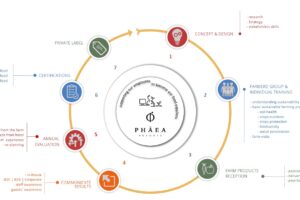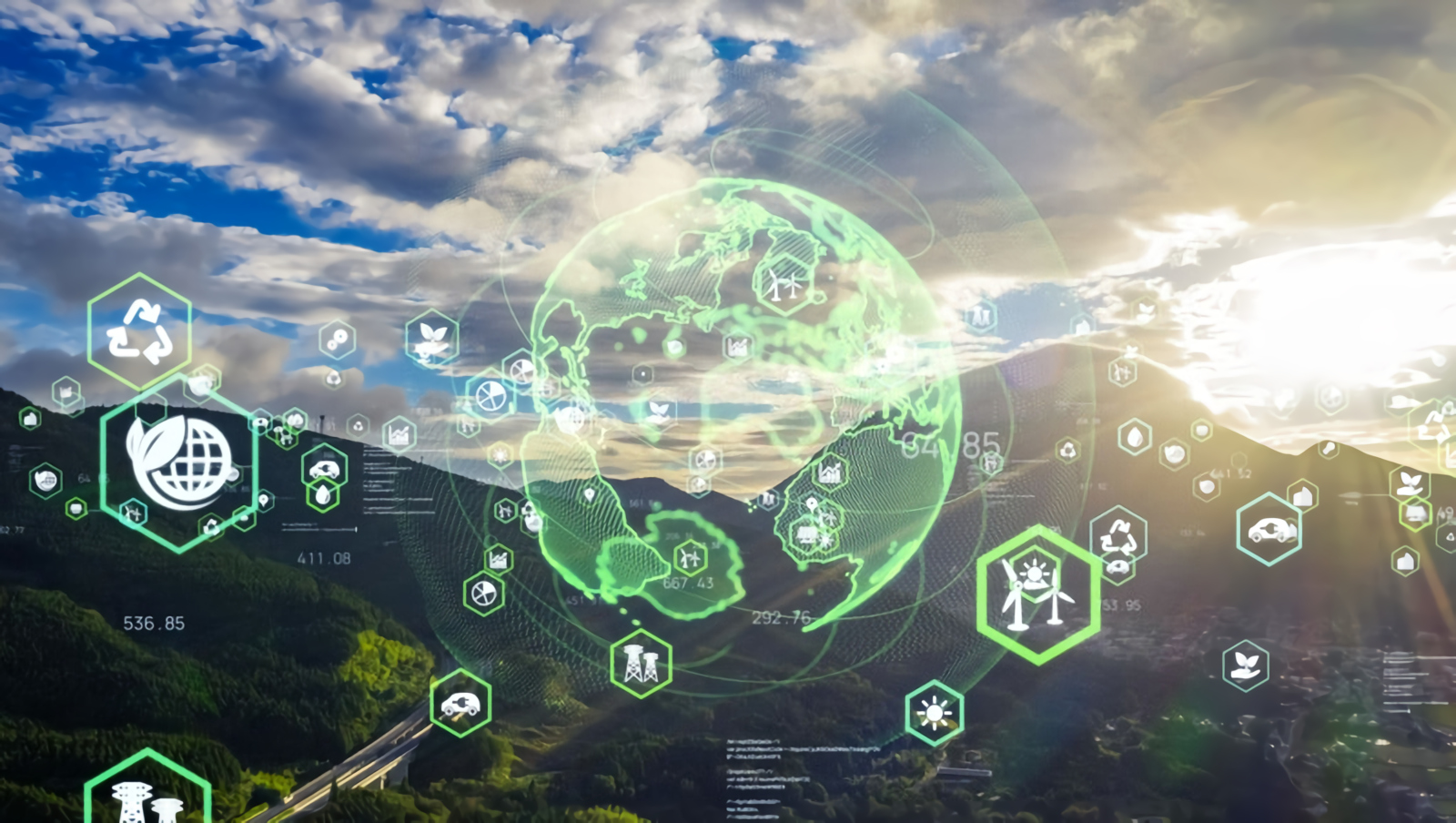Sustainable Management in the 21st Century and RegenEDU’s role
- Categories News
In September 2015, there was a United Nations meeting in New York to adopt a new global action plan known as the Sustainable Development Goals (SDGs).
What are SDGs?
This is a set of 17 categories / goals (goals) that aim to solve the social, economic and environmental problems that concern the world and cover the next 15 years, ie until the year 2030. The reason for the start of discussions on SDGs by 2030 started at the Rio + 20 conference on sustainable development in Brazil in 2012. A group of representatives from 70 countries drafted a proposed set of objectives. At the same time, the United Nations conducted public consultations around the world, and an online survey, asking people about their priorities for goals. In the summer before the resolution was ratified in September 2015, governments negotiated a final version of the SDGs, which was eventually approved by 193 countries at a summit in New York as mentioned above.
SDGs have replaced the so-called Millennium Development Goals (MDGs). MDGs have led to various breakthroughs and successes such as reducing the number of people living in extreme poverty by more than half, gender equality in primary schools in most countries, and reducing the rate of children dying before the 5th grade. year of their age by more than half since 1990, reducing maternal mortality by 45% worldwide. In addition, more than 6.2 million malaria deaths were averted and 37 million lives were saved through the prevention and treatment of tuberculosis. Finally, there was access to improved drinking water for 2.6 billion people between 1990 and 2015 and more.
So what was the reason for setting new goals, the SDGs?
An estimated 800 million people continued to live in extreme poverty and starvation, with fragile and conflict-ridden states experiencing the highest rates of poverty. Between 2008 and 2012, 144 million people were displaced from their homes due to natural disasters, a number that increased in proportion to global warming, leading to more extreme weather and rising sea levels. Water scarcity continued to affect 40% of the world’s population while some 946 million people continued to defecate due to a lack of proper sanitation. Gender inequality remained despite the great leaps of progress that had been made.
As it is easily understood, MDGs needed a “refreshment” to be applied to the still great demands that continue to emerge daily in today’s society. However, the question prevails, will the above-mentioned negative percentages be improved (or eliminated) if humanity adheres to, follows and pursues the SDGs?
The 17 goals are aimed at achieving these broader goals by 2030 and are as follows. To end poverty and hunger everywhere, to fight inequalities within and between countries, to build peaceful, just and inclusive societies. There should be active protection of human rights and the promotion of gender equality and the empowerment of women and girls, to ensure the lasting protection of the planet and its natural resources, but also to create conditions for sustainable, inclusive, economic development, common prosperity and decent work for all.
The pioneer and new introduction of SDGs is that these goals are more effective as they go much further than the previous goals, addressing the deeper causes of poverty and committing themselves to neglect nothing and no one. The need to tackle climate change urgently and to protect the environment through a shift towards sustainable consumption and production is also emphasized. Therefore, SDGs are intended to be universal targets and to be applied in all countries without exception, not just in the developing world. Finally, they recognize the key role of the private sector in pursuing and financing sustainable development, in cooperation with governments and civil society.
The last part, which is written in bold, includes the role and activity of RegenEDU. The challenges of the future are the main axis around which new titles of training programs are identified with the aim of disseminating the knowledge and skills required for the transition to sustainable management. These requirements, in order for a shift towards sustainable management and consumption to be considered successful, can be found in the ESG (Environment, Social, Governance) criteria. Environmental criteria examine how a company operates as a “manager” of nature, that is, how it treats it. Social criteria examine how it manages its relationships with employees, suppliers, customers and the communities in which it operates. Governance deals with the leadership of a company, the remuneration of the executives, the audits, the internal audits and the rights of the shareholders. RegenEDU synchronous and asynchronous training programs cover this wide range of directions and occupational sectors, such as food production, processing and services and aims to contribute the “share” to the broader picture called SDGs and / or Agenda 2030.
Georgios has four passions in his life. The Environment, the pursuit and preservation of Knowledge and Team Sports. Being born and raised in a small rural village in Crete, he quickly learned to appreciate, solicitude, and protect all of nature's wonders. He also understood that (bio)diversity is the most essential part of any society.
The endless light of knowledge was something he always craved. Although impossible to obtain, he learned to enjoy his journey. That is why he studied History and Philosophy at the University of Athens.
As for Team Sports, He is a leader, but also a “fighter”. From a young age, he felt he was a team player and Water Polo was his game. His biggest achievement is that he had the honor to participate with the Greek National Team for three years.
You may also like

The importance of Lifelong Learning


